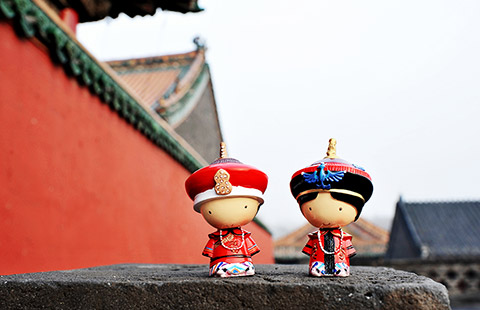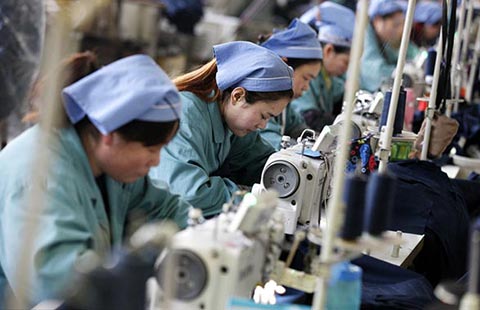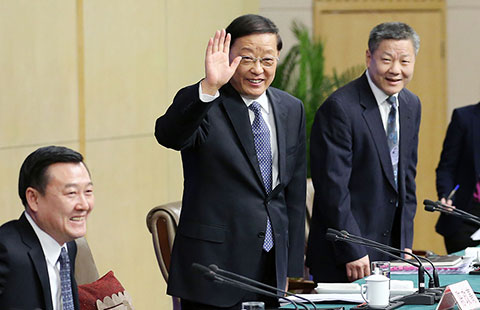Chinese tourists 'critical' to Australian economy: official
(Xinhua) Updated: 2016-03-18 10:30SYDNEY - Tourism Australia, the Australian government's tourism organization, is placing Chinese tourists high on its agenda.
In 2015, more than 1 million Chinese tourists visited Australia and spent in excess of A$8 billion ($6.08 billion), official statistics from Australia has shown.
A conference held in Sydney on Thursday, "China Uncovered," explored how to bring more Chinese tourists to the country.
Tourism Australia Managing Director John O Sullivan said tourists from China were "critical" to the Australian economy.
"Chinese spending in tourism accounted for 6 percent of the growth in the Australian economy last year as a whole," he said.
"They account for A$8 billion ($6.08 billion) out of A$37 billion ($28.12 billion), so you can see from that particular quantum, that they are hugely important."
Tourism Australia is working towards a specific China 2020 strategy that is structured around specific principles including aviation partnerships, geographic locations and understanding the consumer.
It is assisted with offices located across Shanghai, Chengdu, Beijing and Guangzhou and Chinese social media platforms Sina Weibo and WeChat.
O'Sullivan notes Australia is a desired location for Chinese tourists for a number of reasons.
"It's a multi-prong appeal... you've got great natural beauty, blue sky, fresh air... we're a safe destination and we're now highly accessible as a destination through aviation -- you can fly directly from all the Chinese major cities and now many of the secondary cities into Australia," O'Sullivan explained.
Andy Xie, a former Morgan Stanley economist, predicts a change to the age of tourists arriving from China.
"There is a generational change," Xie said.
"The millennials' preferences are different from their parents, they save less money so it's good for outbound tourism, and they also prefer doing things themselves."
Xie added the Australian government and market needed to be prepared that less Chinese tour groups will be coming to the country and that visa changes needed to occur.
"[Visa access] is not good for individuals, so in the future countries that do not allow individual access will suffer," Xie said.
- Australia places China high on innovation agenda
- Chinese takeover of Australia's largest agricultural land holding receives lifeline
- Record numbers for Chinese tourists in Australia
- Historic China-Australia FTA enters into force, benefiting both countries
- Influx of Chinese visitors helps Australia's tourism industry post record growth
- Nepal eyes South Asia's development through China's Belt and Road Initiative
- China's favorite retro cola makes comeback
- Chinese vice premier stresses anti-counterfeiting
- Warner Bros, Chinese partner to release 12 films
- China's home prices continue to rise
- 'Naked official' of Chinese media group under probe
- Tibetan IPO rush continues with new Shanghai listing
- Pharma tycoon looks for overseas healthcare deals
















